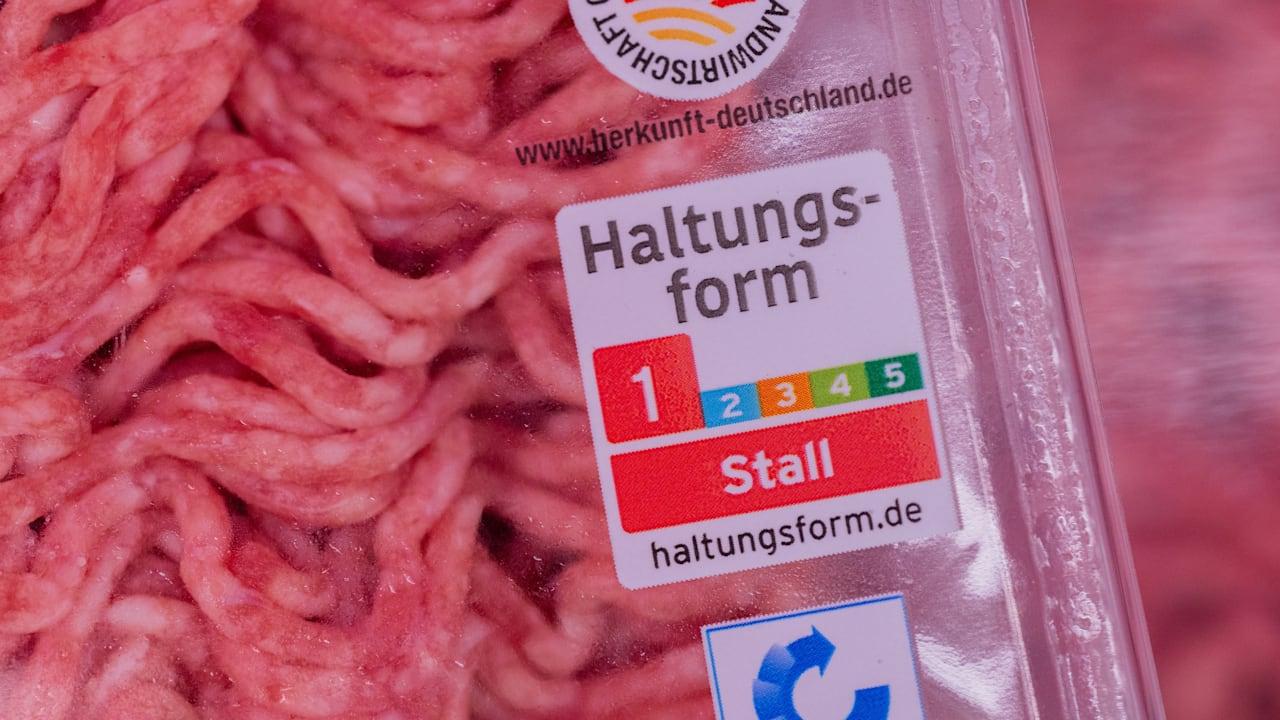In summary:
• New developmental disorder discovered: UNC13A gene variants cause severe neurological impairment.
• three forms of developmental diseases have been identified: depending on the change, the different symptoms affected have different levels of severity based on different molecular mechanisms.
• Possible approach to treatment: In the future, so-called antibody oligonucleotide therapies that exclusively suppress the production of the disease-causing UNC13A protein may alleviate the symptoms of two forms of the disease.
Writing an e-mail, running to the bus, humming a song in the headphones - in order for us to think, feel or act, our approximately 100 billion neurons must communicate with each other.Information is sent between cells using messengers through so-called synapses.A single neuron can form up to 10,000 such synapses - and its communication partners in the cell are correspondingly large.
An important protein in synaptic signal transmission is protein un13a (Muc13-1), which is involved in the release of messenger substances called neurotransmitters.In addition, UNC13A plays a role in the evolution of synapses, which is important in learning and memory processes.
The UNC 13a contains the design of the shell, which causes the previously infamous core disorder.The largest producer of nickel with substantial lead researchers at the National Institute of Intestines, head of the Green University and now at the Lebney Research Institute.UK) was recently published in the journal Nature Genes.
As part of the global collaboration with many clinics, the team has so far identified about 50 patients diagnosed with this syndrome.Many of them explained their clinical picture as follows: the range of disorders caused by the changed gene ranges from delayed development and mental disorders to speech and movement disorders, convulsions and seizures.In some cases, death occurs in early childhood.
Three forms of developmental disabilities
Nils Brose's Department of Molecular Neurobiology has been researching the mechanism of action of the UNC13A protein for many years.Only these long-term efforts made it possible to decipher the causes of the developmental disorder at the molecular level.
Rodents and nematodes c.elegans, the research team was able to elucidate how different variants of the UNC13A gene affect the function of nerve cell synapses.Thus far the causes of the disease have been identified in 20 cases.
"Symptoms vary depending on which function the UNC13A protein can no longer perform," explains Lipstein.“The gene variants that cause the disease can be classified into three subtypes of the disease, each of which has a different damage to nerve cells.Each presents its own clinical picture and therefore requires a different therapeutic approach, even though the cause is in the same gene," emphasizes the scientist.
Approaches to new therapies
The researchers' findings give hope for a cure: "Improving the prognosis that suppresses the production of the proteins that cause normal disease may reduce the symptoms of bipolar disorder."Recent studies indicate that the production of a different UNC13A protein may be a key factor in the development of these disorders.
"Our study highlights the importance of long-term basic research. This is an important step in the development of treatments for specific neurodegenerative disorders," Lipsthein emphasized.
Professor Neil Bruce
Previous article
Max Max Max Max for Multidisciplinary Life Sciences, Göttingen
Like: +49 551 201-31725
Asadullah, R. Et :: Pathogenic UNC13A variants cause neurodevelopmental syndromes by impairing synaptic function. Nature Genetics (22 Oct 2025)
https://www.mpinat.mpg.de/5138116/pr_2522 – original press release
https://www.mpinat.mpg.de/de/brose – Abteilung Molekulare Neurobiologie, Max-Planck-Institut für Multidisziplinäre Naturwissenschaften
Nerve cells (green) form a network that spreads.Error in...
Source: Pia Vanekar
Their siaan kiki conditions:
Journalists, scientists and researchers all have an interest
Research results, scientific articles
Nerve cells (green) form neural networks through which information is transmitted.An error...
Source: Pia Venneker
You can combine the search terms with, or and / or otherwise, Philo does not make sense.
You can use parentheses to separate combinations, e.g.(not philo-logic) or (psychology and logic).
Related groups of words are formed as complete phrases when they are enclosed in quotation marks, for example "Federal Republic of Germany".
You can also use advanced search without entering a search term.It will then follow the criteria you selected (e.g. country or subject area).
If you do not select any criteria for a specific category, the entire category will be searched (eg all subject areas or all countries).








